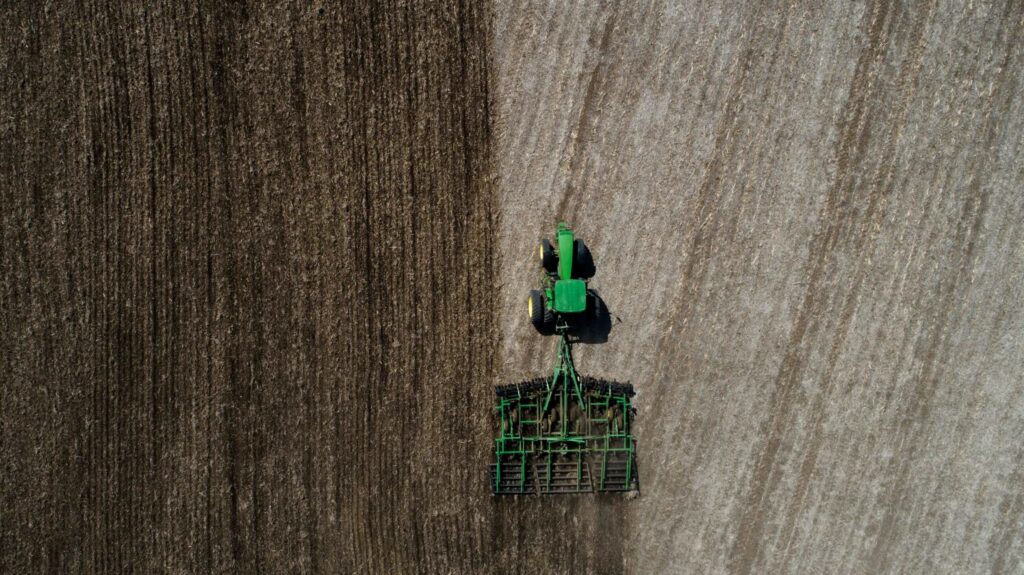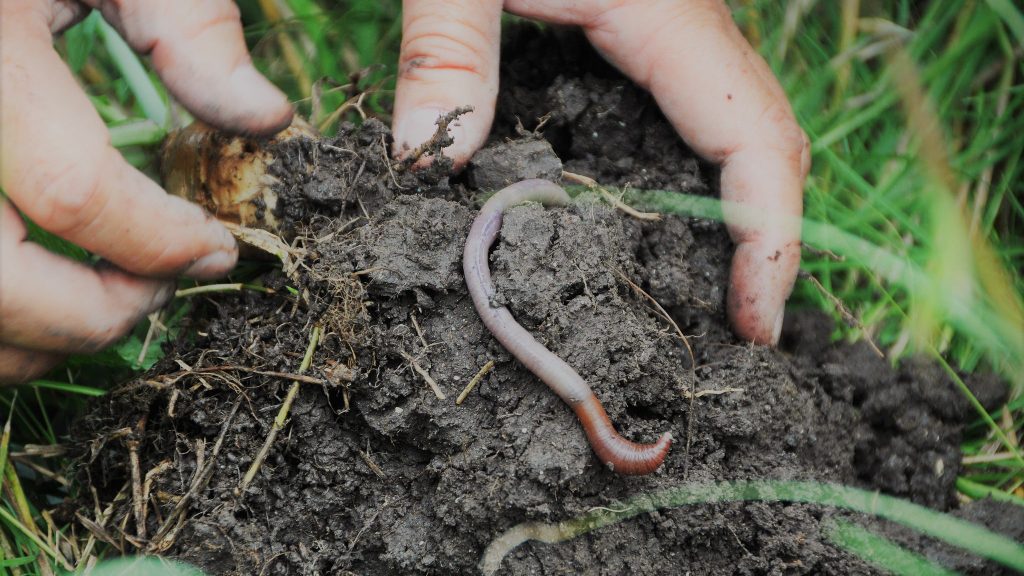Conserving biodiversity: biocontrol for sustainable agriculture
Can biocontrol help protect biodiversity? Biodiversity refers to all the living things on Earth, including how they interact with each other. A rich biodiversity means a healthy planet.
At loggerheads over agroforestry
Everyone knows forests are home to a wealth of biodiversity, with the Amazon alone hosting a quarter of global biodiversity. It is also now well established that diversity in crop production increases a farmer’s resilience to environmental stresses and shocks – from extreme weather to pests. In terms of ending poverty, food insecurity and environmental degradation,…
Ecological Engineering Approach for Rice Pest Management-Need to Popularise its Advantages
Example of Ecological engineering in Vietnam (Photo credit: Dr HV Chien) The rice ecosystems are inhabited by more than 100 species of insects. Twenty of them can cause potential economic losses. With the change in the climatic factors and modern cultural practices adopted for production a drastic change has been…
Factsheet of the month: June 2015 – Conservation of natural enemies
Friday May 22nd was 2015’s International Day for Biological Diversity. This year’s theme was ‘Biodiversity for Sustainable Development’ which reflected the importance of biodiversity in achieving the Sustainable Development Goals. Biodiversity is key in agriculture and it both promotes and is promoted by sustainable methods. Farmers rely on a range of different species for the success of their…
Update: Plant Health News (21 May 14)
Here’s a taste of some of the latest stories about plant health, including the discovery of how pests develop resistance to biotech cotton, the intensification of the battle against coffee rust, and a biodiversity assessment of over 10,000 Ghanaian cocoa farms. Click on the link to read more of the latest plant health news!
Food security and Biofuels
A short extract of some of the main points raised during the course “Examining Issues around Global Food Security” by Dr Julie Flood from CABI at the Department of Continuing Education’s program of the University of Oxford on March 7th, 2014. The course aimed to highlight the issues of food security/insecurity, and particularly around growing…
The Bird, the Borer and the Bean
A recent study carried out in Costa Rica found that insectivorous birds such as the Yellow Warbler help to reduce infestations of the Coffee Berry Borer Beetle on coffee plantations by 50%. This free pest control service is estimated to save a medium sized coffee farm up to $9,400 per year. The study carried out by…
Can science feed the world?
This was the question posed by Nature’s Special recently. In other words, how can we feed the Earth’s growing population in such a way that no-one goes hungry and nature is left with some land and water of its own? Their answer can be broadly summed up by what Britain’s Royal Society call “sustainable intensification…




